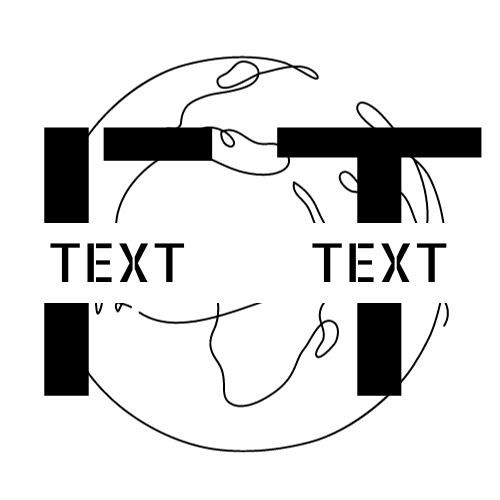In recent years, corporations and organizations have been recognizing the importance of protecting customer data and confidential information more deeply. Data leaks can potentially cause fatal damage to corporations. This is where the concept of “Redact” comes into play. In this article, we will focus on explaining the meaning of Redact and its significance in data protection.
What is Redact?
Redact refers to the process of removing or concealing specific information from documents or data. This is usually done to protect confidential information or Personally Identifiable Information (PII). For instance, removing individual names, addresses, and contact information from public documents.
Methods of Redaction
Redaction primarily takes two main forms, either erasing information or concealing/masking it.
Information Erasure:
This involves completely removing the information from the document or database. This method is suitable when the information is deemed unnecessary or dangerous.
Information Concealment or Masking:
This involves hiding or masking the information so that the original information becomes unidentifiable. For instance, replacing part of credit card numbers with asterisks (*) can be a method.
Redaction in the Digital Age
With the advancement of digital technology, the process of redaction has evolved. Today, automatic redaction software is available that can process large volumes of documents and data quickly and efficiently. These software have the ability to identify confidential information and remove or conceal it automatically.
Conclusion
Redaction plays a crucial role in data protection and maintaining privacy. In the digital age, using automatic redaction software enables efficient and effective protection of confidential information. It’s vital for corporations and organizations to adopt proper redaction practices to minimize the risks of data leakage.
Such data protection practices help corporations maintain legal compliance and retain customer trust. Ultimately, redaction provides a foundation for corporations to conduct business in a safe and responsible manner. Through a proper understanding and implementation of redaction, corporations can significantly mitigate the risks associated with data handling and privacy concerns.

